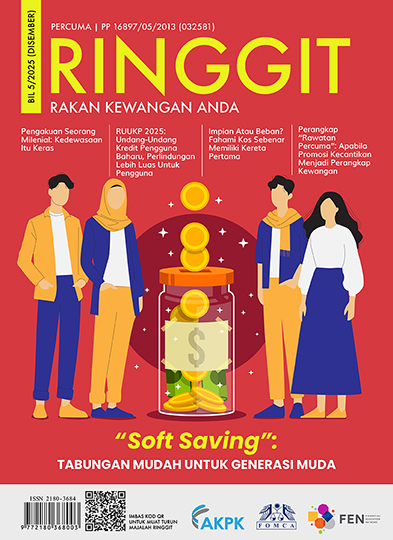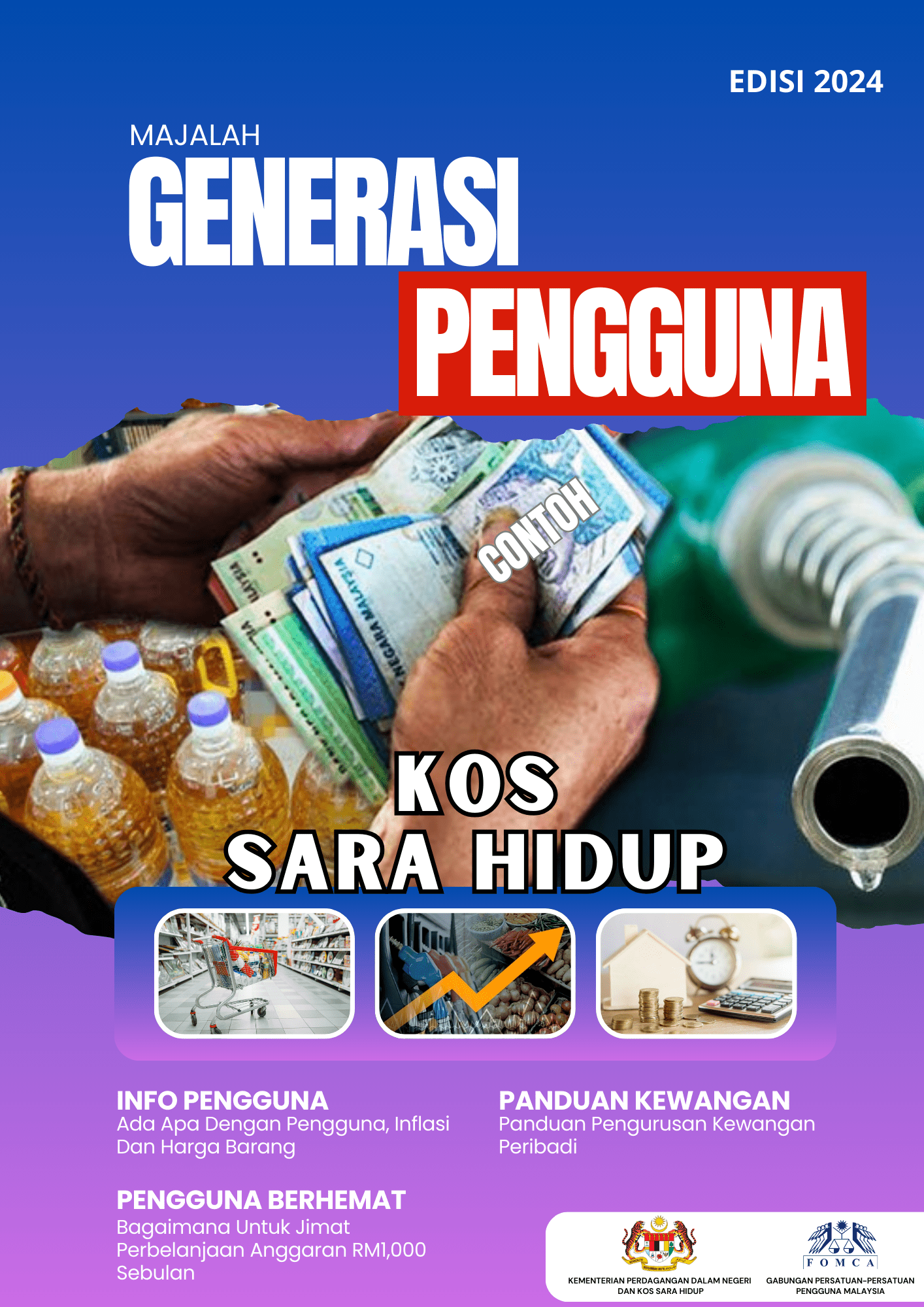 March 24, 2020
March 24, 2020
PETALING JAYA: The material costs for the production of face masks have gone up by more than 600%, a manufacturer based in Sungai Petani has told FMT.
Haminuddin Hamid, CEO of Ideal Healthcare Sdn Bhd, said the high costs, coupled with a lack of raw materials, had led to a pause in local production.
The main component, the bacterial filter, is not available in Malaysia.
Haminuddin said it used to cost US$2.48 a kilogramme, but had gone up to US$18 since the Covid-19 outbreak.
“Even if we can get it, we would have to use air freight. And now only 30% of flights are coming into Malaysia.”
He also said the price of boxes for the masks, which are produced locally, had increased from 60 sen to RM2 apiece.
If one were to take these factors into account, he added, the price of RM2 per mask announced on Friday by Domestic Trade and Consumer Affairs Minister Alexander Nanta Linggi was fair.
Commenting on Putrajaya’s decision to allow the import of masks, he said the retail price would still end up high.
“China is now selling them at 35 sen per piece. The import price will be higher. If the government imposes duties, that’s another cost.
“Taking into account distribution and handling, including customs handling, that’s another 3% to 5%.”
After Linggi’s announcement on Friday, there had been a meeting among ministers to discuss the pricing. Defence Minister Ismail Sabri Yaakob said the government found the RM2 ceiling price too high.
The face mask remains one of the most sought after items even after the government restricted exports. Medical professionals have voiced concern over the lack of supply.
Malaysian Consumer Movement president Darshan Singh Dhillon said an importer would make between 40 sen and 50 sen for each China-made face mask if he sells it at RM2.
He told FMT that the cost of imported masks was between RM1.50 and RM1.60 apiece.
Asked if the cost would be the same for masks produced locally, he said: “I’m not sure, but the general rule is that it cannot be cheaper than China.”
Federation of Malaysian Consumers Associations CEO Paul Selvaraj told FMT he believed the shortage would be filled as a result of government action, but he urged Putrajaya to ensure only “normal” profits for sellers.
“There should be no profiteering and there should be a truly competitive market,” he said.
He also said Putrajaya should ensure access to masks for the elderly, the poor and other vulnerable groups.
“Efforts need to be made, even if the government has to subsidise to ensure access,” he added.




